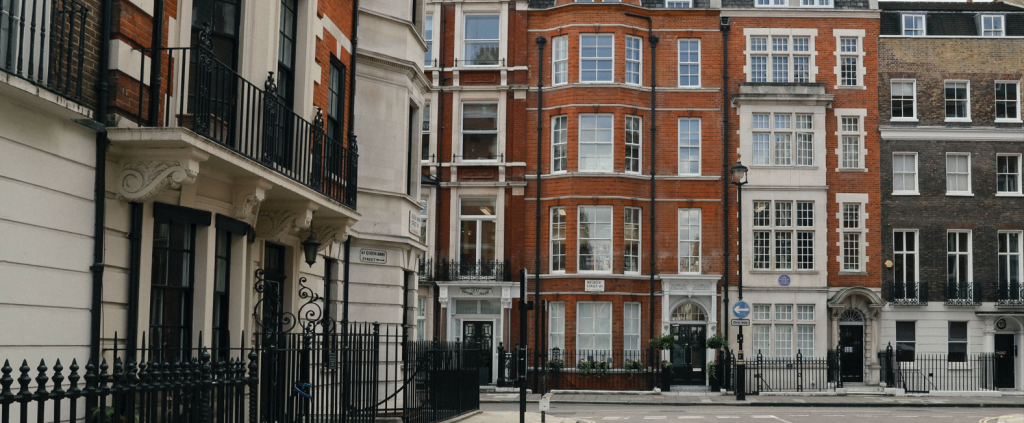Navigating Rental Businesses: Deciphering Capital Expenses vs. Allowable Business Expenses in the UK
Financial management for a rental business can be complicated. It can be confusing to know how to categorise your expenditure on the business and the tax treatment can be different depending on the type of expense. That’s why it is important to be able to distinguish between capital expenses and allowable business expenses.

Capital Expenses: Laying the Foundation-
Capital expenses, in the context of rental businesses, typically are costs incurred for acquiring, improving, or disposing of assets. In simpler terms, these are expenditures that provide an increase to the long-term value of your asset (property). Here are a few examples:
Property Acquisition Costs: Expenses associated with purchasing a property, such as legal fees, surveyor’s fees, and stamp duty land tax (SDLT), are considered capital expenses.
Improvements and Enhancements: Any expenditure aimed at enhancing the value or extending the lifespan of the property qualifies as a capital expense. This includes renovations, extensions, and significant repairs.
Fixtures and Fittings: Costs incurred for installing durable fixtures and fittings, such as central heating systems or kitchen appliances, fall under capital expenses.
Landlord’s Furniture: If you provide furniture or furnishings for your rental property, the initial cost is treated as a capital expense.
Allowable Business Expenses: Navigating Deductible Costs
Allowable business expenses, on the other hand, refer to the day-to-day operating costs associated with running your rental business. These expenses are deductible against your rental income, thereby reducing your taxable profit. Understanding which expenses qualify as allowable can significantly impact your tax liability. Here’s a glimpse of common allowable business expenses:
Property Maintenance and Repairs: Routine maintenance costs, including painting, plumbing repairs, and electrical work, are allowable expenses. However, it’s crucial to distinguish between repairs and improvements, as only repairs are deductible.
Letting Agent Fees: If you enlist the services of a letting agent to manage your property or find tenants, the fees incurred are allowable business expenses.
Insurance Premiums: The cost of insuring your rental property, including building insurance and landlord liability insurance, is deductible.
Utilities and Council Tax: You can deduct expenses related to utility bills, council tax, and other local authority charges for the property.
Advertising Costs: Expenses associated with advertising your property for rent, such as listing fees or photography costs, are allowable.
Accountancy and Legal Fees: Fees paid to accountants, solicitors, or tax advisors for managing your rental business affairs are deductible.
Example-
A good example to help distinguish between the two is refurbishing a kitchen.
If when refurbishing the kitchen, you use items of similar quality and value, it would be a repair cost so an expense allowable against the business.
However, if when refurbishing the kitchen, you use items of superior quality to those pre-existing you would be increasing the value of the property as a whole and so this would then be a capital expense.
Strategic Considerations and Compliance-
As a landlord or property owner you need to adhere to regulatory guidelines. Here are a few considerations to keep in mind:
Record-Keeping: Maintaining meticulous records of all expenses incurred is paramount for accurate tax reporting and compliance with HM Revenue & Customs (HMRC) regulations, as they can ask for reasonable records up to 20 years back if they suspect fraud.
Seek Professional Advice: Given the complexity of tax regulations and evolving legislation, consulting with a qualified accountant specializing in property taxation can provide invaluable insights and ensure compliance with legal requirements.
Future Capital Gain: Any future capital gain would be reported in your self-assessment tax return in the tax year after you sold/ disposed of the asset (property). You would need to keep a record of the capital expenses to correctly work out how much capital gains tax you have due.

If you have any questions or require any advice specific to your circumstances, please contact us at PJCO. You can book a free discovery call by clicking the link below!
Please get in touch on 01273 441187 or book a discovery call with one of our expert accountants.
Contact

You May Also Like…







